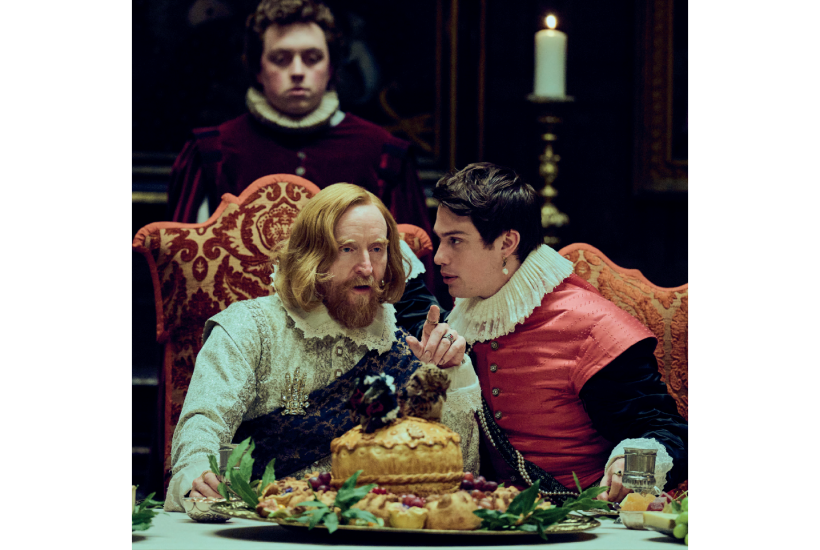If there’s such a thing as a workmanlike romp, then Mary & George might be one. This drama about political and sexual shenanigans during the reign of James I certainly has all the scheming, racy dialogue and nudity that any romp-lover could wish for. At the same time, there’s the slightly awkward sense that it’s harbouring a guilty secret: it wants to be taken seriously as history and thinks it has some important things to say about class, gender and sexuality in 17th-century England and beyond.
Already a subscriber? Log in
Subscribe for just $2 a week
Try a month of The Spectator Australia absolutely free and without commitment. Not only that but – if you choose to continue – you’ll pay just $2 a week for your first year.
- Unlimited access to spectator.com.au and app
- The weekly edition on the Spectator Australia app
- Spectator podcasts and newsletters
- Full access to spectator.co.uk
Unlock this article
You might disagree with half of it, but you’ll enjoy reading all of it. Try your first month for free, then just $2 a week for the remainder of your first year.








Comments
Don't miss out
Join the conversation with other Spectator Australia readers. Subscribe to leave a comment.
SUBSCRIBEAlready a subscriber? Log in